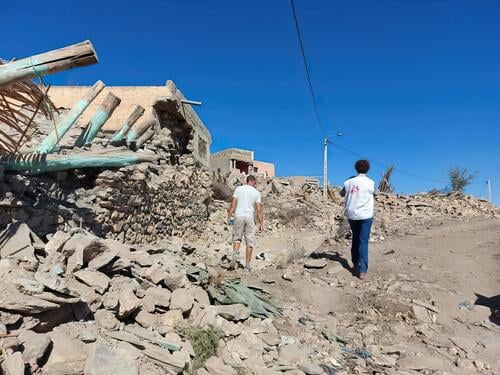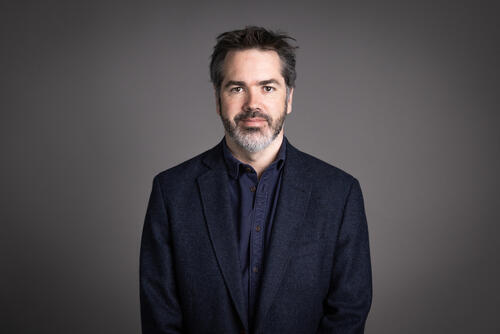In 2023, as the world was once again shaken by devastating natural disasters and brutal wars, Médecins Sans Frontières (MSF) worked to support people in need of medical care and basic services.
Alongside our regular activities, we launched emergency responses to powerful earthquakes in Türkiye, Syria, Morocco, and Afghanistan. We also assisted communities caught up in wars in Sudan and Palestine, and other conflicts around the world.
We face many challenges in delivering this assistance: not only in gaining access to patients but also in ensuring the safety of our staff in insecure situations.
After war in Sudan erupted in April, leading to tens of thousands of casualties and around 8.5 million people being displaced from their homes1, our teams had to quickly adapt and scale up as the country spiralled into chaos. We transformed our activities, treating patients with gunshot, stabbing and shrapnel wounds, as well as responding to surges of malnutrition and measles cases in overcrowded displacement camps.
However, working across 11 states and in 30 health facilities, we faced severe challenges due to chronic insecurity, with warring parties blocking humanitarian access and the delivery of aid, all amidst the scarcity of global attention.
Despite this, the medical care we have been able to provide demonstrates that it is possible to work in Sudan. Yet we often find ourselves the sole humanitarian organisation in areas where we are working. In the face of the immense needs, a massive scale-up of the humanitarian response is desperately and urgently needed.
On 7 October, we, like so many, were horrified by Hamas’ massacre in Israel, and we are horrified by Israel’s response. We feel the anguish of families whose loved ones were taken hostage on 7 October. We feel the anguish of the families of those arbitrarily detained from Gaza and the West Bank.
In Palestine, as the Israeli authorities waged their offensive with impunity, our teams had to reorganise in desperately difficult conditions, often moving from hospital to hospital amidst bombardments, putting their lives at risk to provide lifesaving care. They are exhausted and many are utterly traumatised. Tragically, six of our team members have been killed, and we mourn their loss. Under these extreme conditions, we continue to work where and how we can in Gaza.
During the year, we continued to examine ourselves critically, to ensure a working environment free of harassment and abuse for both staff and patients. We unequivocally commit to reinforcing mechanisms and procedures to prevent and address abuse, harassment, and exploitation within MSF, including guidance on how to report cases.
In 2023, a patient charter was developed to ensure effective, safe, and equitable healthcare in our projects. The charter is based on seven principles, aiming to assure that no harm is caused in delivering healthcare. The charter’s principles range from general overarching ideals to tools and practices that can be used and adapted according to the culture and context of our projects.
We’ve also challenged ourselves on how we bear witness, to make sure that we do so in a way that is ethical and respectful of patients. With some sensitive and problematic images taken in our facilities over the course of our history, we committed to make changes. We convened an advisory group composed of staff and external experts to review content from the MSF image database and provide advice. Their feedback invited a critical reflection on MSF visual norms and standards, and proposes concrete recommendations and solutions to ensure that the dignity, safety and integrity of patients prevails.
Our aim as humanitarians is to provide support and care to those in need. In 2023, we were able to run a range of vital healthcare programmes in more than 70 countries, thanks to our dedicated staff and the generosity of our supporters. This loyal support gives us the courage to keep going, despite the obstacles and the increasingly polarised views in today’s world. We remain ever thankful to you for believing in our humanitarian work.




